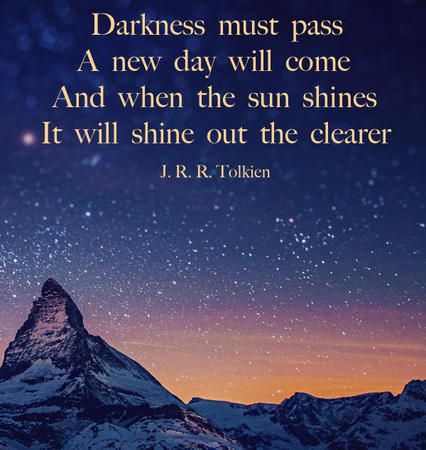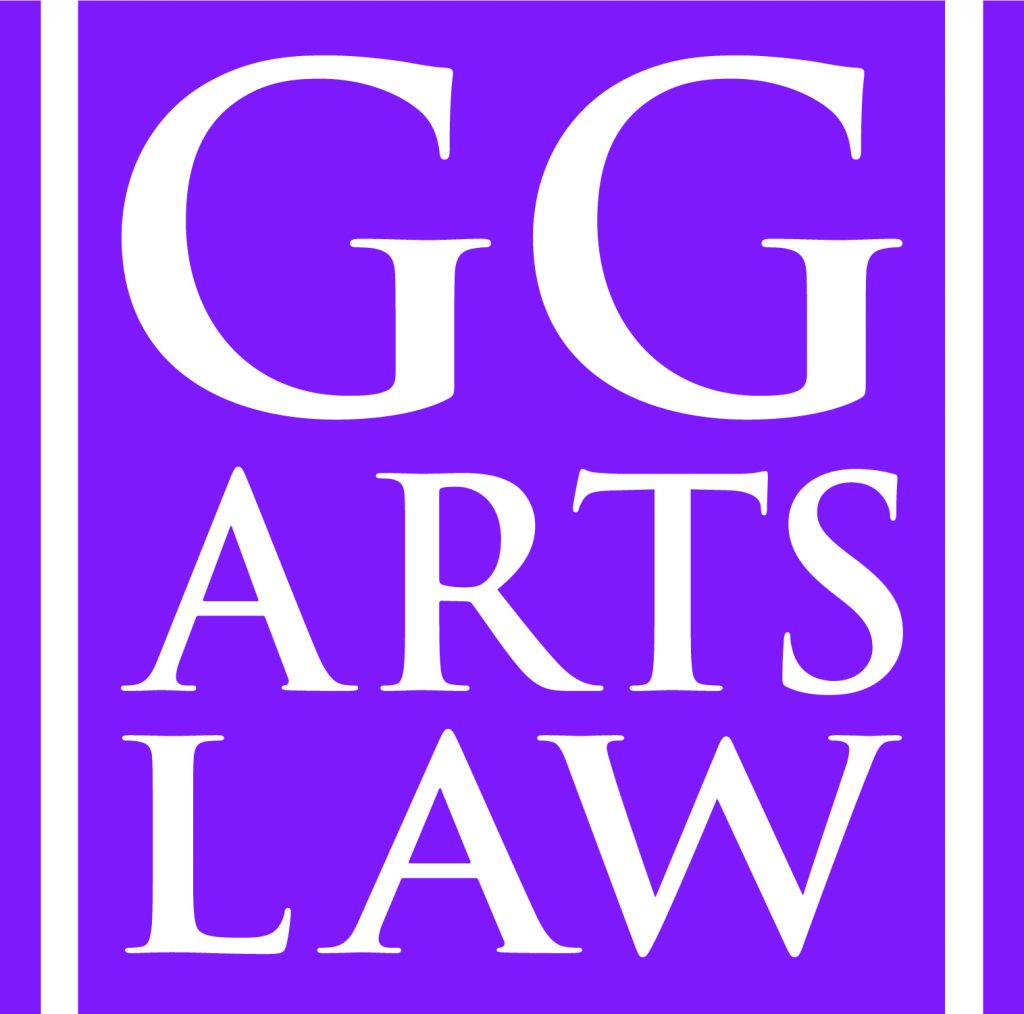
I. Consulates Are Open, But Now Refusing To Issue Visas To Applicants Who Have Been In Certain Countries
For artists who have been approved for visas, but have been waiting months to apply for them at a U.S. Consulate, many U.S. Consulates have re-opened and are beginning to issue visas. But not so fast…there continues to be a travel ban on foreign nationals entering the U.S. who have been in any of the following countries for 14 days or longer prior to their intended date of entry:
China, Iran, The European Schengen Area (Austria, Belgium, Czech Republic, Denmark, Estonia, Finland, France, Germany, Greece, Hungary, Iceland, Italy, Latvia, Liechtenstein, Lithuania, Luxembourg, Malta, Netherlands, Norway, Poland, Portugal, Slovakia, Slovenia, Spain, Sweden, Switzerland, Monaco, San Marino, Vatican City), the United Kingdom (England, Scotland, Wales, Northern Ireland), the Republic of Ireland, Brazil, and all of Middle Earth (except Mordor, because Trump is pals with Sauron!)
Please Note: the travel ban applies to anyone who has been physically present in this countries regardless of citizenship.
U.S. Citizens and green card holders, certain family members, and other individuals entitled to “national interest waivers” and who meet specified exemptions are allowed to enter the U.S., but only through one of 15 designated U.S. airports.
Until recently, the prevailing advice has been that for anyone impacted by the ban to apply for and obtain their visa at a U.S. Consulate, then fly to a country not on the list, wait there for 14 days, and then enter the U.S. (Of course, entry into the third country depends on that country’s entry and quarantine restrictions.)
HOWEVER….wait for it….
reports have been increasing that certain U.S. consulates are refusing to issue visas to anyone impacted by the ban regardless of whether or not they intend to travel to a third country and wait there for 14 days. Although the travel ban applies only to travel and entry and does NOT prohibit U.S. consulates from issuing visas to artists with valid USCIS approval notices, certain U.S. consulates have taken it upon themselves to go a step further, claiming that they have no way of guaranteeing that the visa holder won’t simply fly directly into the U.S.. Therefore, none shall pass.
Click here to read a recent article about this in Forbes Magazine
As a result, if an artist has been approved for a U.S. visa, but a U.S. Consulate refuses to issue the visa based on the travel ban, then we recommend the following:
- Travel to a country that is not on the U.S. travel ban list (such as Canada, Russia, or Barbados) and which has a U.S. Consulate that is open and issuing visas. (This is subject, of course, to that country’s own entry and quarantine restrictions. Many countries have their own strict quarantine and entry restrictions.)
- Schedule your visa application appointment for 14 days after you arrive.
- Document you arrival and your 14-day stay.
- Once you receive your visa, fly directly to the U.S. (Transit back through a travel-banned country will re-trigger then ban and you will have to start all over again.)
II. National Interest Waiver Exceptions To The Travel Ban
Assuming an artist subject to the travel ban already has or can find a U.S. consulate willing to issue a visa, they “MAY” be able to obtain a “National Interest Waiver” and be allowed to enter the U.S. without having to quarantine first in a country not on the travel ban list. As you may imagine, the process is vague, convoluted, and labyrinthine, but broadly, there are two options to obtain such a waiver:
1. Apply for a National Interest Waiver at a U.S. Consulate
Every consulate has its own rules and procedures for how to do this, but, generally:
- Contact the U.S. Consulate in whichever country you are physically located no earlier than 30 days prior to the date of travel.
- Explain that you have an immediate need to travel to the U.S. within 30 days and cannot quarantine in a third country.
- Provide a letter from your venue, presenter, employer, etc. explaining why it is critical that you be physically present in the U.S, that your work or performance is essential to them, and that it cannot be done remotely or via “streaming” outside of the U.S.
- Agree to quarantine for 14 days after your arrival in the U.S.
You will then need remain while this is pending. If the waiver is granted, you will be sent a letter to present to an immigration officer when entering the U.S.
You will also need to check the website of the specific U.S. Consulate where you intend to apply for specific instructions.
2. Apply for a National Interest Waiver from U.S. Customs and Border Protection (USCBP)
Under a new procedure recently put in place by the Department of Homeland Insecurity (DHS) that they didn’t both to tell anyone about unless you went looking for it, you can also apply for a National Interest Waiver by contacting one of six airports which have been authorized to issue waivers: Boston, JFK, Miami, Newark, Chicago/O’Hare, Dallas/Fort Worth, LAX. As with applying at a U.S. Consulate, this needs to be done before you travel and the requirements are generally, more or less, somewhat, similar as those listed above for consulates. However, of course, each airport has a different procedure and there is no oversight, so you will need to visa the USCBP website for the specific airport where you intend to apply for specific instructions.
III. RFEs Are Being Issued on Maintaining Status During COVID
On July 31, we sent out an email reporting a two instances where USCIS appeared to be targeting unemployed artists currently in the U.S. and who either already had O-1 classification and were merely seeking a visa extension or who were seeking to change their classification from F-1 to O-1. In each instance, USCIS issued a Request for Evidence asking for proof that the artist has maintained their status by having work or other valid employment between March 2020 and the date of the petition, knowing full well that the entire arts and entertainment industry was unemployed at every level.
We then sent out a new email on August 1, saying we have just learned of another instance.
In what can only be described as a shocking degree of cold-hearted darkness, even for DHS, more such RFEs have continued to be issued. As such, this seems to be yet another obstacle shall have to overcome.
We provided some specific suggestions on how to deal with these RFEs in our June 30 the blog post “USCIS May Be Coming After Unemployed Artists” which you can find on our website. However, in general, when filing petitions on behalf of artists who are currently present in the U.S. and who wish to remain—regardless of whether this is their first O-1 or their third—you MUST include evidence that the artist has been working or performing during the pandemic AND that their future employment requires them to be physically present in the U.S. USCIS is arguing that engagements for performances intended for streaming can be done outside of the U.S. and do not require the artist to be physically present.
IV. Furlough-nado
Did anyone see this coming? For those of you who have may have missed this news amidst the cavalcade of plagues, fires, floods, injustice, riots, fascism, and world collapse that we have come to know as 2020, USCIS plans to furlough 13,500 employees on August 30, 2020 if they do not receive a requested 1.2 billion bailout from Congress. Several U.S. Senators have urged USCIS to postpone these furloughs, not because their care about immigration, but because the most recent projections indicate that USCIS had sufficient revenue to cover all its employees through the end of the current fiscal year and still have an enough balance to start the New Year. Regardless, USCIS claims this is not nearly enough, even with the fee increases that are set to go into effect on October 2, 2020. So, without consensus from Congress on this issue (and that’s less likely than a crawfish whistling the Mozart) and the clock ever ticking, the possibility of furloughs looms ever higher.
Here’s what you need to know:
USCIS does NOT intend to shut down or cease operations! However, furloughs will slow down the processing of applications and cause noticeable delays—particularly since, in recent months, USCIS has been relatively speedy given that petitions in many non-artist related visa categories has come to a grinding halt. Also, there has been no indication that Premium Processing will not continue to be available as an option. Therefore, so long as USCIS remains operational to some degree, then, to avoid premium processing on top of the other fee increases that will go into effect on October 2, consider filing petitions for Spring 2021 engagements sooner rather than later.
And, lastly, I leave you with this…


For additional information and resources on this and other legal, project management, and business issues for the performing arts, as well as to sign up for our newsletters and follow us on social media visit OUR NEW WEBSITE: ggartslaw.com
THE OFFICIAL LEGALESE:
THIS IS NOT LEGAL ADVICE!
The purpose of this blog is to provide general advice and guidance, not legal advice. Please consult with an attorney familiar with your specific circumstances, facts, challenges, medications, psychiatric disorders, past-lives, karmic debt, and anything else that may impact your situation before drawing any conclusions, deciding upon a course of action, sending a nasty or threatening email to someone, filing a lawsuit, or basically doing anything that may in any way rely upon an assumption that we know what we are talking about.
Tags: furloughs, national interest waiver, quarrantine, rfe, travel ban, uscis, visa